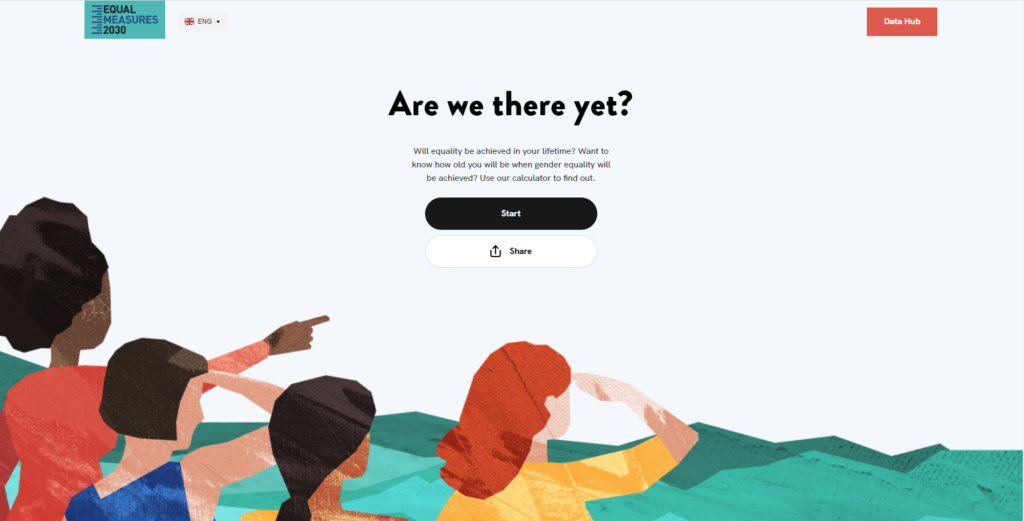Improving access to family planning services in West Africa
By Suzanne N’Gouandi, Communications Officer – French Speaking, Equal Measures 2030
Global data on the use of contraceptives are striking. According to the United Nations Population Fund (UNFPA), almost 257 million women who wish to avoid pregnancy do not use safe, modern contraceptive methods. Of these, 172 million do not use any form of contraception. These figures are not only alarming but also reflect the reality faced by women and girls around the world.
In West Africa, which has one of the highest fertility rates in the world, the prevalence of contraceptives remains low. According to the EM2030 Gender Equality Calculator, if the current trend continues, a young woman aged 18 in Senegal today will be around 40 years old before she has access to contraception.

Like me, many women and girls in West Africa face obstacles using contraceptive methods. These include socio-cultural constraints, poverty, fear of side effects and disinformation.
Reluctance to use contraception results in a high number of unwanted and unplanned pregnancies and unsafe abortions, and the high rate of maternal mortality. Within the sub-region, around 225 women die during childbirth every day, and for every woman who dies, there are approximately thirty others who suffer from infirmity. This rate of morbidity and mortality leads to productivity losses estimated at more than USD 5 billion.
A survey carried out by the Guttmacher Institute also notes 6,490,000 cases of unplanned pregnancies in West Africa between 2015 and 2019, of which 2,740,000 resulted in a termination. Given that only two countries in the region, namely Benin and Cape Verde, have legalised abortion, we cannot easily imagine the risks incurred by women and girls.
Unplanned pregnancies have huge repercussions for women, their families and society as a whole because of the costs involved and their impact on progress in health, education and gender equality. So, what can be done?
Because reproductive rights are fundamental rights, women and girls must be in a position to decide freely the number of children they want, and the timing and spacing of births. This, in turn, means increasing investments in contraceptive services to satisfy unmet demand and thus guarantee their sexual and reproductive health.
Since 2011, the Ouagadougou Partnership, a cooperation programme involving nine countries in French-speaking West Africa, has been working to improve access to family planning services. In 10 years (2011-2021), the Ouagadougou Partnership helped increase the number of users of contraceptives to over four million women in Benin, Burkina Faso, Côte d’Ivoire, Guinea, Mali, Mauritania, Niger, Senegal and Togo. It has also helped avoid over 18 million unwanted pregnancies and 6 million high-risk abortions.
Education and awareness campaigns, as well as community programmes, need to be set up to improve access to comprehensive, reliable information and advice on contraception for women and girls, and allow them to make choices about their bodies and make informed decisions.
This is one of the missions of the Réseau Siggil Jigéen (RSJ), which works to improve the status of women in Senegal. Thanks to its programme aimed at making mayors champions of family planning, the organisation has managed to persuade 67 mayors to mobilise funds estimated at over 73 million CFA francs. These funds have been used to support family planning activities in the communities concerned and thus satisfy the unmet need for contraception among women and girls.
*Originally written in French, as such some links may lead to French articles.



